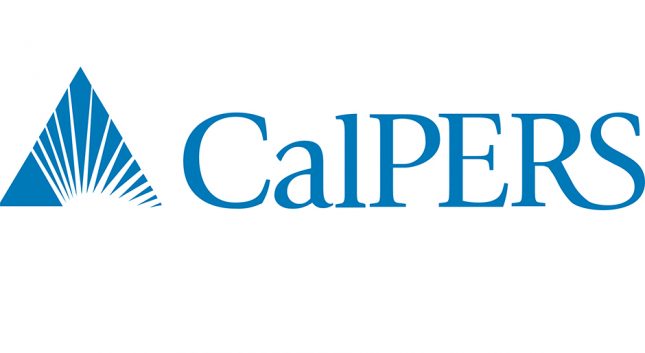By Sheila Delshad, Burke, Williams & Sorensen, LLP
On March 4, 2020, Governor Gavin Newsom declared a state of emergency due to the COVID-19 pandemic. On March 12, 2020, the Governor issued Executive Order N-25-20, which, among other provisions, immediately suspended certain laws that limit work hours and impose waiting periods for retired annuitants. In a subsequent Executive Order N-35-20 issued on March 22, 2020, the Governor expressly recognized that governmental entities must have sufficient staffing to adequately address the impacts of COVID-19, and made clear that the suspension of specific retired annuitant laws applies to all local public agency employers as well as the state. A retired annuitant is a CalPERS retiree who, without applying for Reinstatement From Retirement, returns to work with a CalPERS employer in a designated retired annuitant position.
 On March 18, 2020, the California Public Employees’ Retirement System (CalPERS) issued Circular Letter 200-015-20 to inform all CalPERS employers of the impact of Executive Order N-25-20 on CalPERS retirees employed as retired annuitants with any CalPERS employer. CalPERS emphasized that the Governor’s emergency proclamation applies to work performed by a retired annuitant hired “to ensure adequate staffing during the state of emergency.” In a separate circular letter issued the next day, CalPERS further clarified that the lifted rules apply to hiring retirees working to ensure adequate state staffing to expedite emergency response and recovery, but can also apply to existing retired annuitants if they are redirected for this purpose.
On March 18, 2020, the California Public Employees’ Retirement System (CalPERS) issued Circular Letter 200-015-20 to inform all CalPERS employers of the impact of Executive Order N-25-20 on CalPERS retirees employed as retired annuitants with any CalPERS employer. CalPERS emphasized that the Governor’s emergency proclamation applies to work performed by a retired annuitant hired “to ensure adequate staffing during the state of emergency.” In a separate circular letter issued the next day, CalPERS further clarified that the lifted rules apply to hiring retirees working to ensure adequate state staffing to expedite emergency response and recovery, but can also apply to existing retired annuitants if they are redirected for this purpose.
In accordance with the Executive Orders and the guidance issued by CalPERS, the following changes to the employment of CalPERS retired annuitants are effective March 4, 2020 and until the state of the emergency is lifted:
- No Work Hour Limitation. The work hour limitation of 960 hours per fiscal year under Government Code sections 21224(a) and 7522.56(d) is suspended. Any hours worked by a retired annuitant to ensure adequate staffing during the state of emergency will not be counted towards the 960-hour per fiscal year limit.
- No 180-Day Waiting Period. The 180-day break in service requirement under Government Code section 7522.56(f) is suspended. The related restriction on the acceptance of retirement incentives (“golden handshakes”) under Government Code section 7522.56(g) is also suspended.
- No 60-Day Separation in Service. For retired annuitants who have not attained normal retirement age, the 60-day separation in service requirement under Section 586.2(c) of Title II of the California Code of Regulations is suspended. However, there is no suspension of the rule that prohibits any predetermined agreement to work after retirement between an employer and an impending retiree who has not yet attained normal retirement age.
- New Notice Requirement. CalPERS employers must notify the director of the California Department of Human Resources of any individual employed pursuant to these waived requirements. The notification should be sent to CAStateofEmergency@calhr.ca.gov.
It is important to note that all of the other restrictions on working after retirement continue to apply. This includes the rate of pay limit on compensation and the prohibition against providing the retired annuitant with any additional form of compensation or benefit. Employers must also continue to enroll, and report retired annuitants to CalPERS.
Although the Governor’s Executive Order suspended the laws that mandate reinstatement from retirement when not complying with the rules on post-retirement employment, CalPERS did not directly address the reinstatement issue in its Circular Letter. It is likely that reinstatement is temporarily suspended only for the retired annuitants whose employment otherwise complies with the applicable restrictions during this state of emergency. Employers should continue to comply with all retired annuitant requirements and apply the above waivers on work hours and waiting periods only as appropriate to ensure adequate staffing during the state of emergency.

